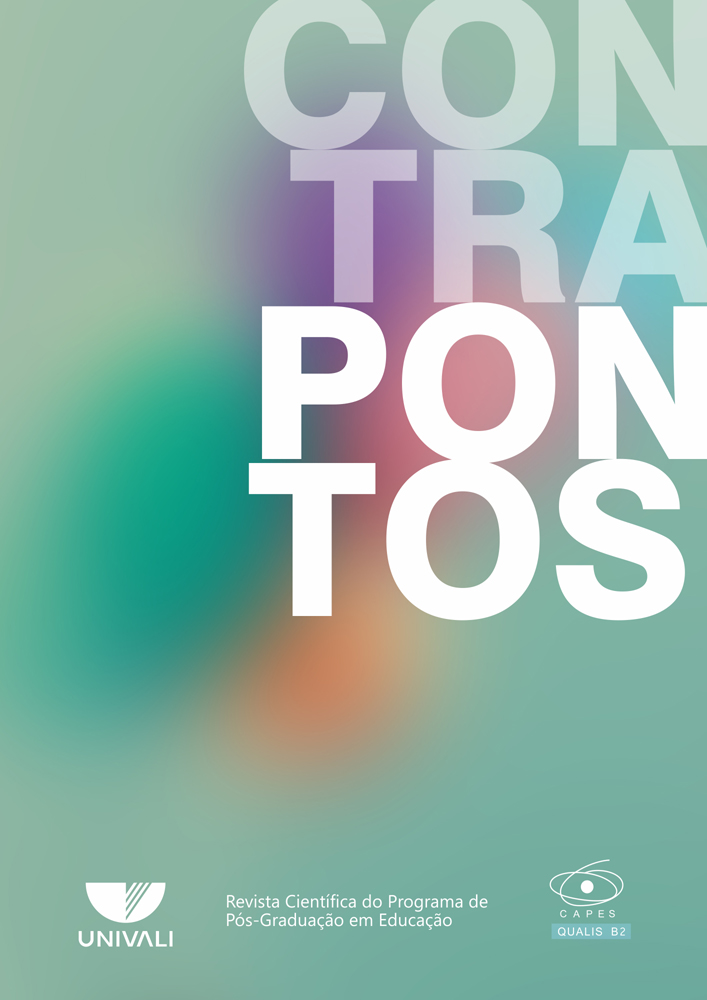
This article presents some considerations about the conceptions of State, based on the ideas of two classical thinkers, whose formulations on the concept of Freedom present significant contributions to the understanding of the principles that govern the Modern State. The first is based on the characterization of liberalism found in Locke (1983), whose conception of freedom is directly associated with the right to property, based on the economic power of individuals. The second is anchored in Rousseau's concept of Freedom (1978: sd), which attributes the exercise of freedom to the individual’s full right to political participation and juridical equality, without distinction. The objective of this analysis is to systematize the theoretical formulations of these thinkers concerning the process of construction of the State in modernity, by identifying and investigating arguments that will later be used to give legitimacy to the ideologies that seek to guarantee sustainability for capitalist society. In addition to this objective, this work also reflects on the context in which the formation of the subject develops in modern society, which tends to reproduce the values and the conceptions defined by the dominant classes, thereby limiting the formation of these subjects to their participation in the labor market.





